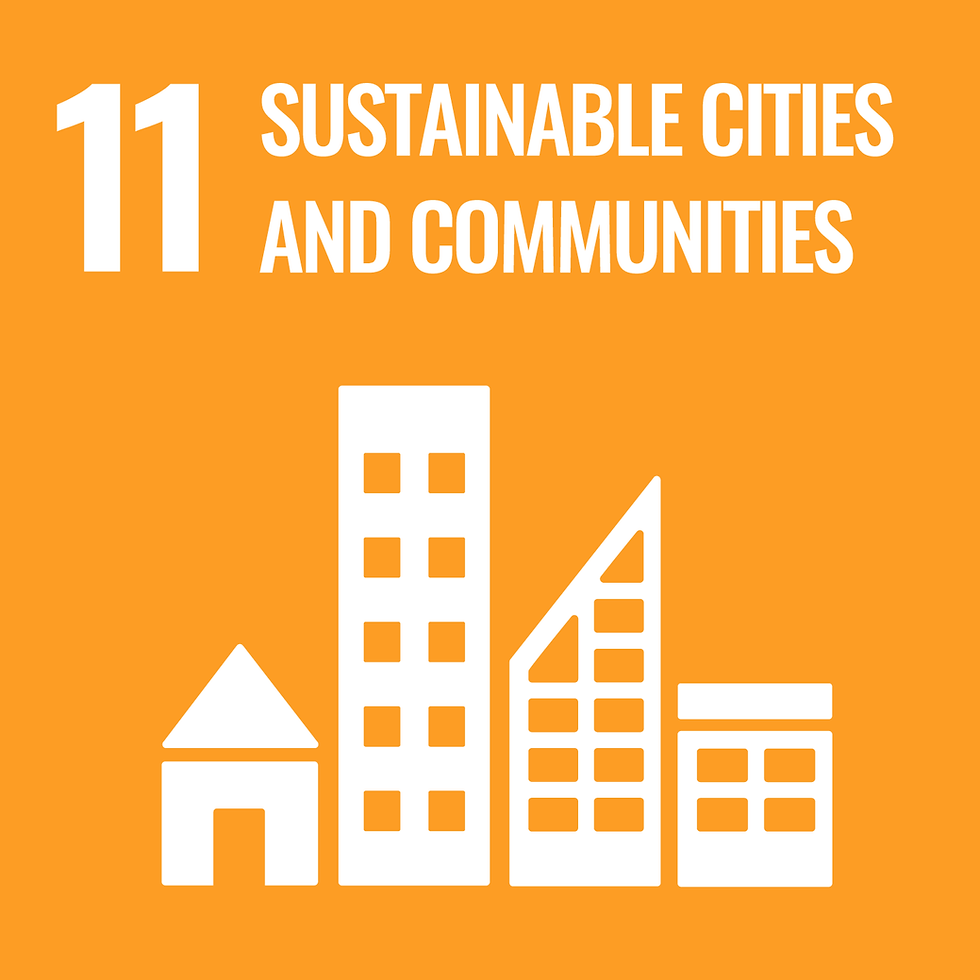Studying environmental science at university in the early 2000s, I would often leave class in despair. There was too much wrong, too much environmental degradation, too many negative environmental trends. Unfortunately, the health of earth has progressively worsened since then.
Today, I'm easily overwhelmed when I consider the global challenges we all face. Challenges like mitigating climate change and ending world poverty seem insurmountable, too massive to confront. There are so many systemic interconnected problems, too many governments and organisations who are not prioritising the well-being of people and the planet, too much fear associated with change, too many ingrained outdated ways of thinking that make necessary transformation difficult.
The United Nations Sustainable Development Goals (SDGs)
Enter the SDGs - have you heard of them? The optimist in me, sees the SDGs as a progressive way that we, as a global community, can unite to work towards a common vision to make this world a better place for all.
Launched in 2015 and signed by all member states, the SDGs are 17 goals, with 169 targets centred around interconnected issues with a focus on:
People - poverty, hunger, health
Planet - sustainable consumption & production, sustainable natural resource management, climate change action
Prosperity - progressing economic, social and technological outcomes
Peace - peaceful, just and inclusive societies
Partnership - global solidarity
The goals are inspiring and comprehensively bring together so many aspects of our world, recognising that problems can't be solved in isolation; many issues are linked and require cooperation across different groups of people across the world. I won't go into the goals in detail here, but I encourage you to explore them for yourself here. Here's a few examples.

Women and girls are underrepresented in the paid work force and leadership positions and often do a disproportionate amount of unpaid domestic labour. They are more likely to experience physical, psychological or sexual abuse than males, and this has worsened during Covid-19. This goal focuses on:
ending discrimination and eliminating violence towards women and girls
providing universal access to sexual and reproductive health care
improving the participation of women in political, economic and public decision making

Globally, a whopping 789 million people don't have access to electricity. Renewable energy accounts for 17% of global electricity consumption (2017 figures). This goal aims to:
substantially increase renewable energy
improve energy efficiency
ensure access to modern, reliable, affordable energy sources for all

Over half the world's population lives in cities. Cities consume the majority of global energy consumption (60-80%) and carbon emissions (75%). This goal has a lot of targets including improving:
safety, affordability, accessibility of sustainable transport
air quality
waste management
access to green and public spaces for all
Why are they important and why should I care?
The SDGs are important because they strive to make very real differences to the quality of people's lives and that of critical ecosystems that are important for life on earth to flourish. Achievement of these goals can affect every single one of us and how we live our lives.
While you may be privileged enough to have had a good quality education or have access to clean water and sanitation, you may be experiencing poor health, gender inequality or be living in a city that is not sustainable in the long term. As a global citizen, we all have the power to impact people in other places and countries through our consumption choices, and this can also influence the environment, for instance life on land and water and climate change. We all have a part to play, as individuals, households, communities, businesses and governments.
How are we going?
While good progress has been made on many goals, many are still considered to be unachievable by 2030. Before Covid-19, progress was too slow, not at a big enough scale to meet many goals. Unfortunately the Covid-19 pandemic has put a number of the goals into jeopardy, exacerbating inequality, providing an additional threat to food systems (IEMA, 2021). These goals have been particularly affected:

Goal 1 - no poverty
Goal 2 - zero hunger
Goal 3 - good health and wellbeing
Goal 4 - quality education
Goal 5 - gender equality
Goal 10 - reduced inequalities
Goal 17 - partnerships
So, there is now even greater need for action, time and resources to be devoted to striving to achieve the SDGs.
It's easy to get overwhelmed with what's going on in the world, and all the things that aren't progressing as we'd like them to. At Community Changemakers, we utilise the SDGs as a backdrop for exploring the issues that are occurring your community; those that as small groups of passionate individuals, we can make a difference to at the local level. Because it is people like you and me that can start to change things for the better.

Great article! Love the SDGs - am learning about them on a course. I am also curious as to how COVID-19 has positively impacts on some of the SDG topics? E.g reduced emissions with less air travel and travel in general, working from home (more time to exercise, potentially an increase for some). But I guess these impacts are for a very small part of the world and population (we make up such a small part!). So important to zoom out and see the negative impacts on the larger scale, and see the world from a different lense.